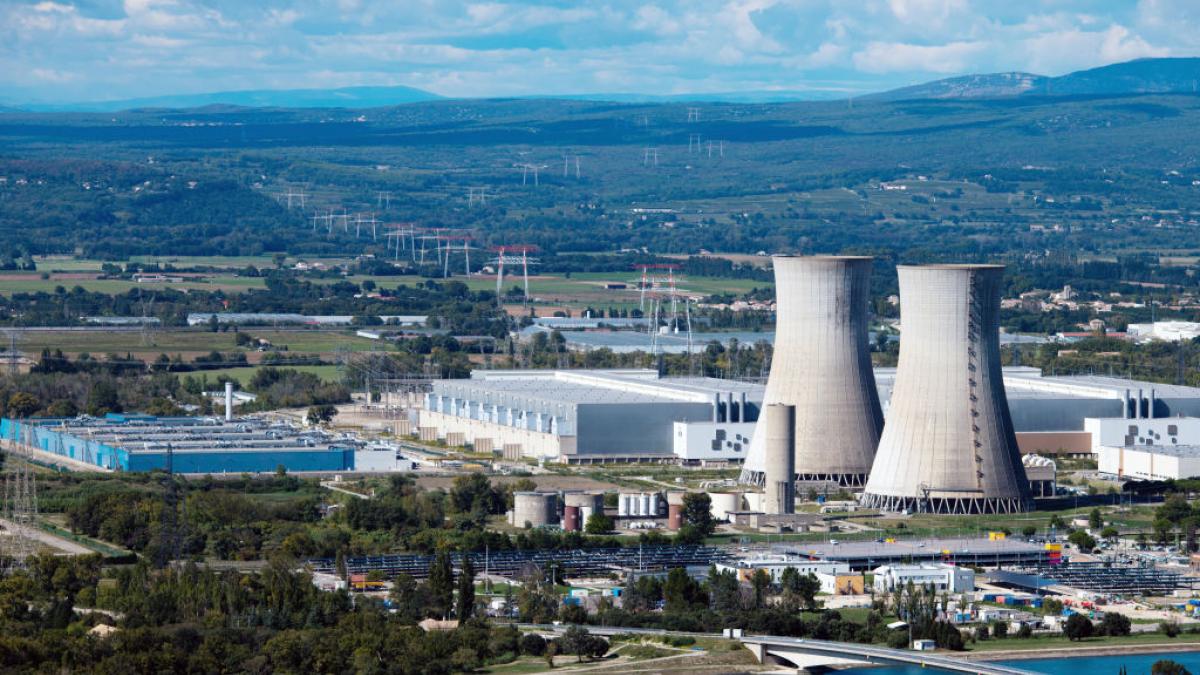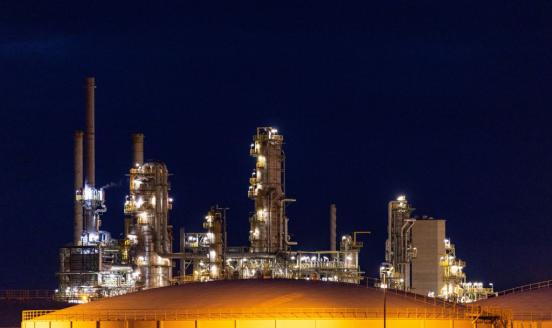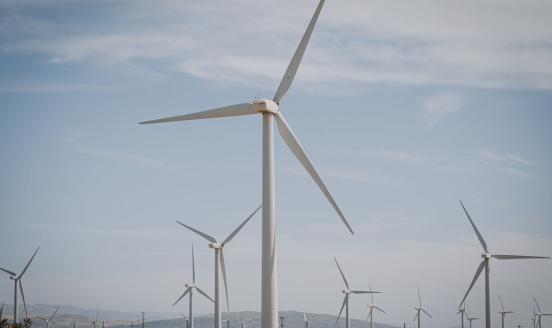An assessment of Europe’s options for addressing the crisis in energy markets
Action to intervene in the gas and electricity wholesale markets is also being taken at European Union level, which is what we analyse in this paper.

Executive summary
Since Russia’s invasion of Ukraine, wholesale prices for electricity and gas in the European Union have risen five to fifteen-fold, with severe impacts for households and businesses. The crisis is also creating liquidity problems for energy companies, with contagion risks for the financial sector.
In response, European governments have taken a range of actions. Some have introduced measures at retail level, while others have introduced windfall-profit taxes on energy companies. Some countries have provided emergency liquidity to energy companies facing soaring collateral costs. Some energy companies have even been nationalised.
Emergency-intervention proposals should be evaluated against three principles. First, energy supply must meet demand at prices that do not cause major damage to the European economy. Second, the most vulnerable consumers must be protected. Third, measures should be consistent with the case for investment in a sustainable energy system, in order to safeguard Europe’s ability to decouple structurally from fossil-fuel imports.
Gas price caps have been proposed as an emergency measure in different forms: a cap on Russian gas only, a cap on gas used in electricity generation, a cap on all wholesale gas. All entail significant risks. The first might lead to a full stop of Russian gas into the EU. The second might increase gas demand from the electricity sector. The third might raise gas demand and also undermine Europe’s ability to attract much-needed gas supplies. Instead of capping gas prices, the EU should engage collectively with external gas suppliers and negotiate new long-term contracts with provisions to limit price volatility.
A September 2022 European Commission proposal involving electricity demand reduction, a revenue cap on inframarginal generation, solidarity payments from fossil-fuel companies and consumer support measures, is broadly positive, notably because it emphasises demand reduction. However, it is not sufficient. A more comprehensive plan needs to ensure that all countries bring forward every available supply-side flexibility, make real efforts to reduce gas and electricity demand, keep their energy markets open and pool demand to get a better deal from external gas suppliers. In the longer term, measures to split the markets for energy generated from renewables and fossil fuels should be examined.
The authors are grateful to Pantelis Capros, Rebecca Christie, Marek Dabrowski, Maria Demertzis, Natalia Fabra, Alicia Garcia-Herrero, Michael Grubb, Péter Kaderják, Pawel Karbownik, David Kleimann, Marie Le Mouel, Ben McWilliams, Leonardo Meeus, Karsten Neuhoff, Joanna Maćkowiak Pandera, Georgios Petropoulos and Nicolas Véron for their comments on previous drafts.



